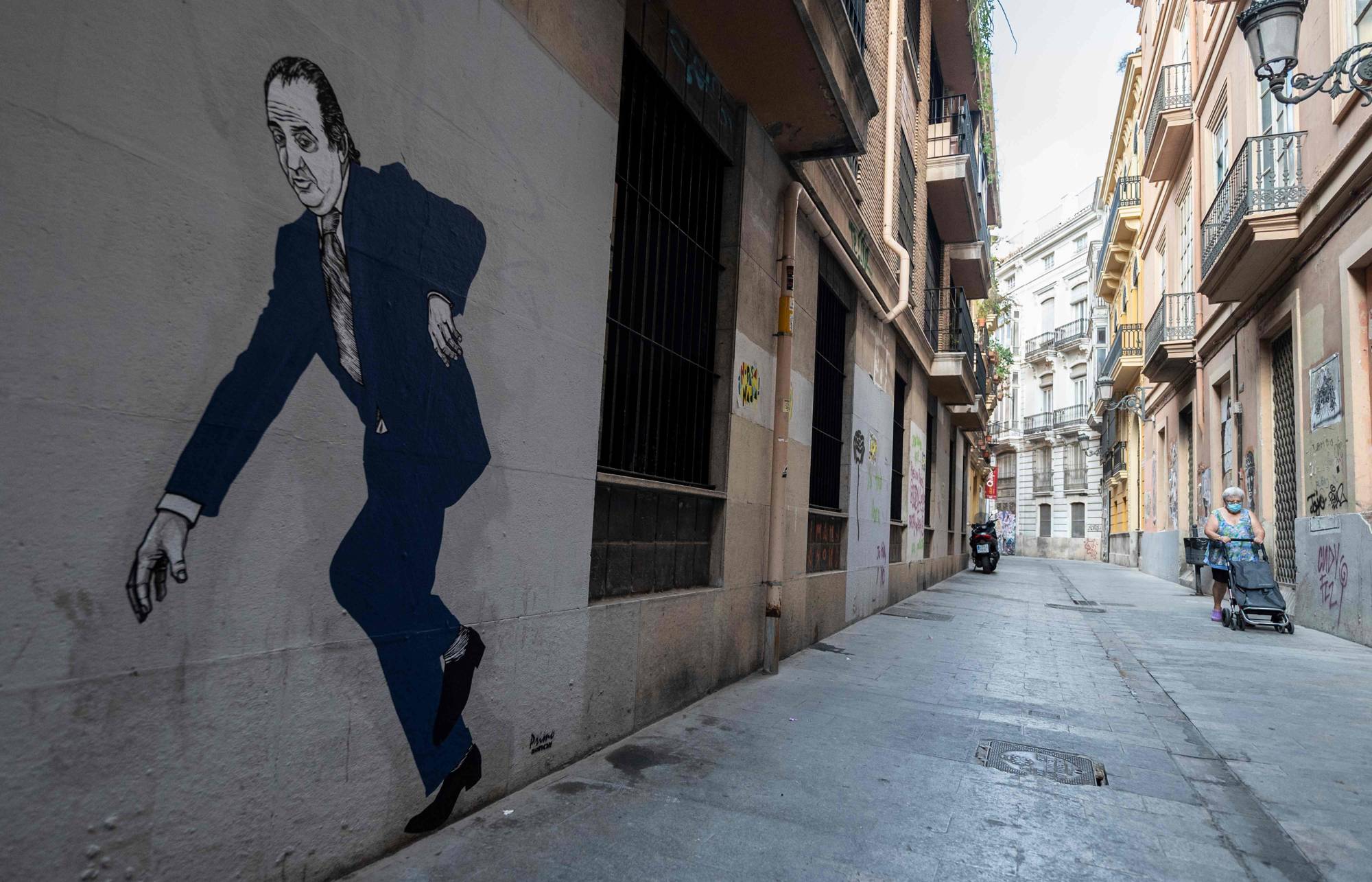Picking the high point of Juan Carlos I’s reign is easy. In 1981, just a few years after Spain had restored democracy and monarchy in the wake of Gen. Francisco Franco’s dictatorship, the king used his authority as commander-in-chief of the armed forces to crush an attempted coup d’etat. The democratic transition process got a fresh boost, as did public support for "juancarlismo," in which the monarch served as the constitutional glue keeping a historically divided country together.
Sadly, there are several contenders for the low point. His secret safari trip to Botswana in 2012, as Spaniards struggled with a deep recession and record unemployment, ended with a broken hip and a stream of embarrassing revelations about his private life. In 2014, pressure from a landmark corruption probe into the business activities of his son-in-law led to his abdication in favor of his son, Felipe VI.
This year, with Spanish and Swiss prosecutors looking into payments allegedly received from Middle Eastern royals and subsequent transfers to a former lover, the 82-year-old former king has been cut off financially from the palace and is now in self-exile — possibly in Abu Dhabi. (Juan Carlos is not under formal investigation and his lawyer has said he will remain available to deal with any requirements from Spain’s public prosecutor.)

















With your current subscription plan you can comment on stories. However, before writing your first comment, please create a display name in the Profile section of your subscriber account page.